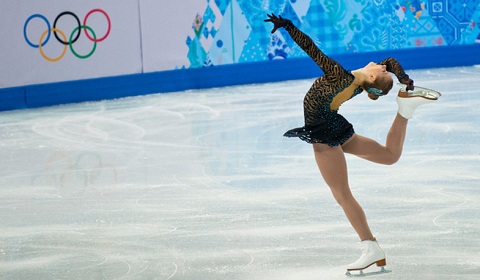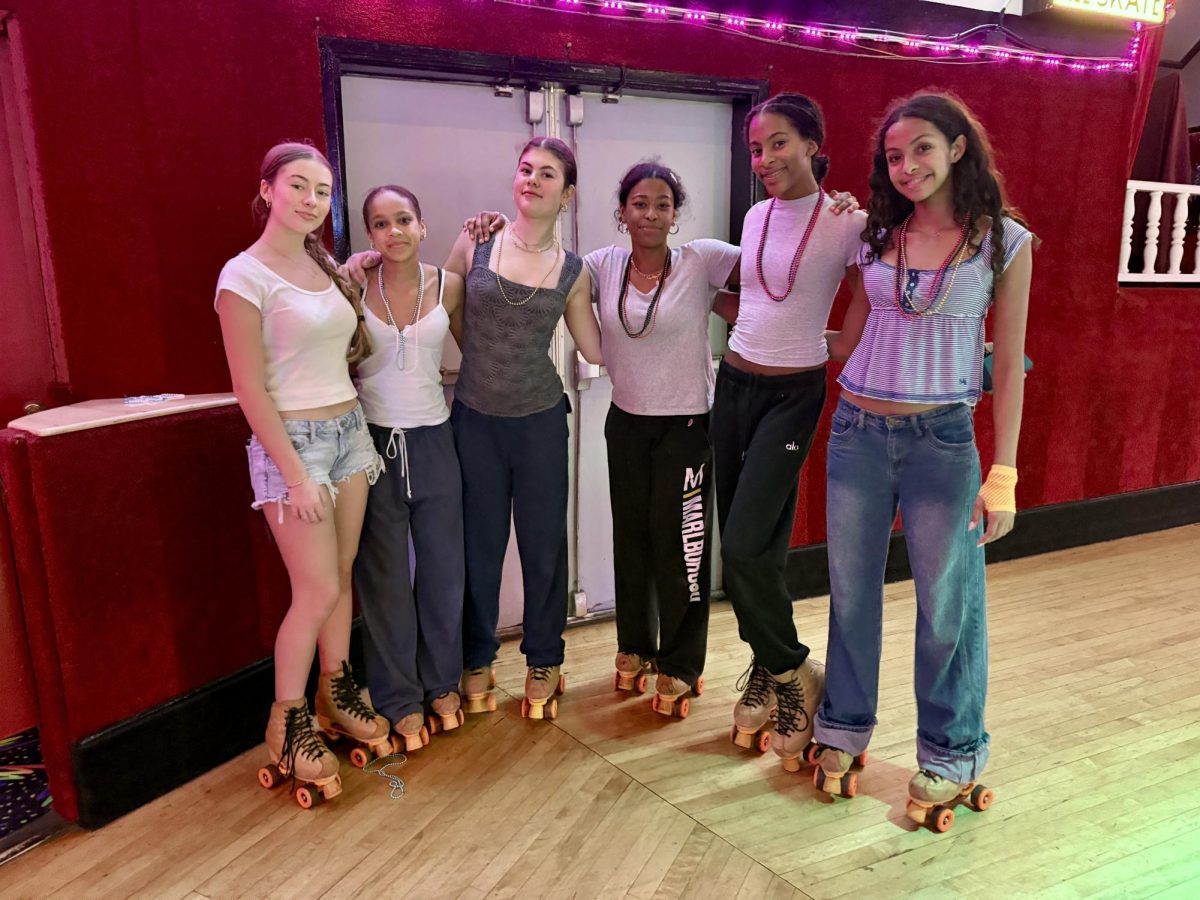
Like all Olympics, the 2014 Winter Olympic Games in Sochi garnered media attention from around the world. And, like all Olympics, the games were steeped in politics.
Media sources from around the globe used the Olympics to cover Russia’s anti-gay legislation and human rights abuses, including the recent beating and detention of the feminist punk band Pussy Riot. Several Marlborough students expressed their disgust over the Pussy Riot incident, citing it as one of many examples of Russia’s arcane policies and violations of free speech.
Accusations of widespread corruption also drew harsh criticism from Western media. Figures of more than $50 billion have been used to describe the overall cost of the Sochi games, which were more expensive than all previous Winter Olympics combined.
Russia’s gay rights laws received more media attention than perhaps any other issue, including the athletic competitions themselves. American reactions to the laws were polarized. Conservative activists Peter Labarbera and Scott Lively praised Russia’s laws, suggesting that the U.S. should look to Russia as an example, while Google showed its solidarity with gay athletes by creating an Olympic-themed Doodle that featured athletes standing in front of a rainbow, the symbol of the LGBTQ rights movement.
Americans also raised objections to Russian authorities’ violent treatment of stray animals in the Sochi region. Up to 300 stray dogs and cats were rounded up from the streets of Sochi and put down before the Olympics in an effort to make the city more presentable to the prying eye of the international press. American snowboarder Lindsey Jacobellis returned stateside from Sochi with a rescued puppy instead of a medal, and American freestyle skier Gus Kenworthy stayed in Sochi after the closing ceremonies, completing paperwork to officially adopt a mother dog and her four puppies.
Many say that the media coverage of the Olympics provided critical insight into a nation embroiled in political controversy. History Department Head Catherine Atwell said she was pleased with American media’s attention on Russia’s political and social issues.
“In some of the commentaries [NBC Sports anchor] Bob Costas and others were willing to criticize Russia, to bring up some of the more glaring problems, like, for example respect for human rights and issues with corruption”.
Others, however, have criticized the American press’s failure to present information in context, sensationalizing issues in what many claim to be an attempt to cast Russia in a bad light.
Vladimir Yakunin, head of the Russian Joint-Stock Company and one of the biggest investors in the Sochi Games, attacked Western media for their coverage of the Olympic Games.
In a blog post written before the games began, Yakunin wrote, “I am displeased with the fact that [as the Olympics approach] the more active are foreign media in their attempts to criticize Russia, the host country of the Sochi Olympic Games. Quite a number of foreign newspapers and magazines, including Time, The Economist, Der Spiegel and others, published editorials accompanied by caricatures of the Russian President.”
The Economist cover Yakunin referenced featured a Photoshopped image of Russian President Vladimir Putin as an ice-dancer standing victorious as another skater, representing the Russian public, lay collapsed in the background. Yakunin accused Western reporters of “unscrupulous judgments” and spreading anti-Russian propaganda.
Some American media outlets faced criticism for being critical of Russia’s anti-gay legislation during a time when similar anti-gay laws exist in several U.S. states. The mainstream American media largely ignored cries by tribal advocates to boycott the 2010 Winter Olympics in Vancouver, which took place on land that the tribal leaders considered to have been stolen from native tribes, while they fully represented calls for the boycott of the Sochi Olympics.
Additionally, several American reporters mocked Sochi for lacking infrastructure and Western-style amenities, posting pictures of yellow tap water and broken toilets, but during the Vancouver Olympics, a shoddily-constructed luge track resulted in the death of a Georgian athlete but was labeled by most Western media outlets as a “tragic accident.”
Many viewers of the Olympic Games were frustrated by the amount of air time spent by reporters on political issues. Grace ’16, a competitive skier, said she definitely believed the heavy media coverage of non-athletic topics detracted from her experience as a fan of the sporting events.
“[The Olympics] is where the greatest athletes in winter sports can come together but in Sochi the media coverage was half on sports but also half on all the politics that’s going on in Russia,” she said.










